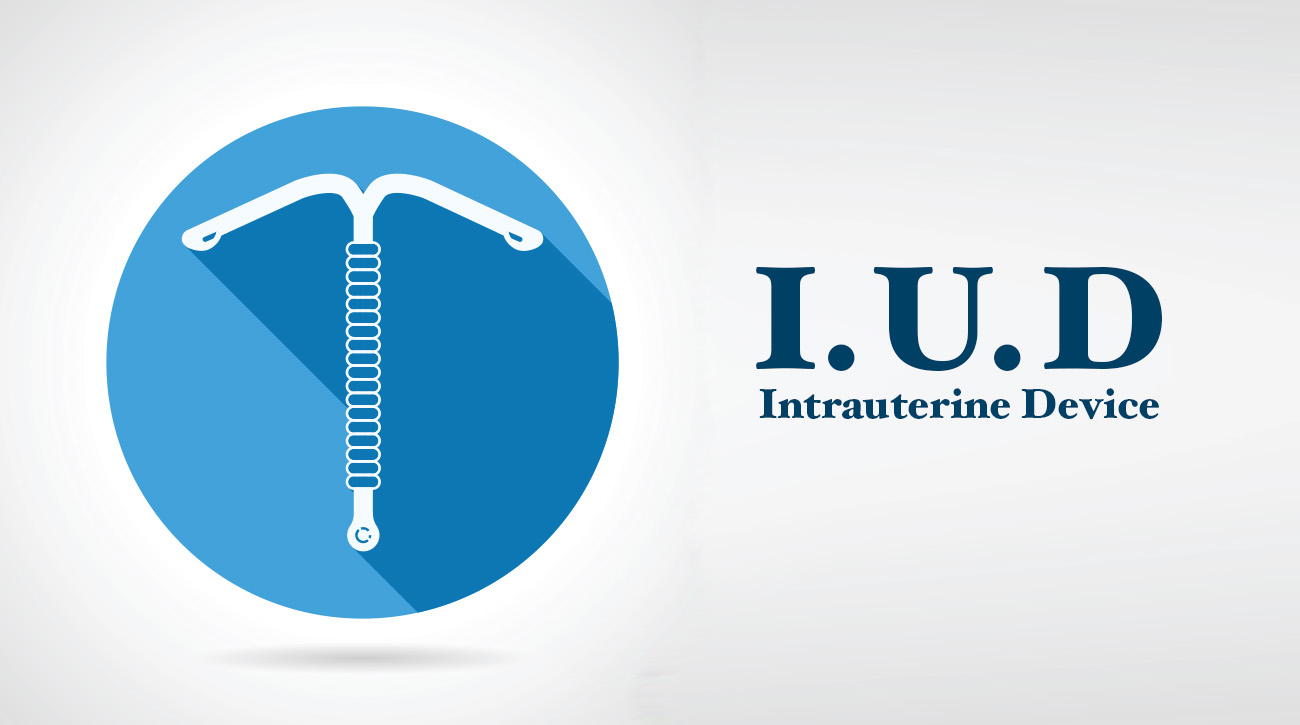Providing IUDs or contraceptive implants to women who've just given birth can help avoid unintended rapid repeat pregnancies, which come with increased risks of complications. Many women want these long-acting reversible contraceptives (LARC) soon after childbirth, but have trouble getting them. A new study conducted by Michelle Moniz and colleagues at the University of Michigan, published online in Women's Health Issues, reports on early implementation experiences from 15 state Medicaid agencies that are implementing immediate postpartum LARC.
To make LARC access easier, several state Medicaid agencies have recently begun providing specific payment for LARC provided immediately after childbirth. Dr. Moniz and her colleagues interviewed 15 Medicaid agencies that have created such payments. A key study finding is that reimbursement alone does not guarantee access. In fact, a multi-stakeholder approach involving payers, clinicians, and hospital systems will be needed for this new payment policy to translate into real-time access for women.
Medicaid administrators identified several actions that payers like Medicaid should take in order to facilitate immediate postpartum LARC. These include efficiently processing LARC claims and maintaining adequate reimbursement rates for LARC devices, Moniz and her co-authors found.
Interviewed Medicaid administrators also suggested steps for healthcare systems to take, including assuring that clinicians understand new LARC benefits and are trained in postpartum LARC insertion. Hospital systems will also need to create new processes for inpatient LARC device stocking and billing, as well as processes for placing LARC without interrupting other postpartum care, interviewees noted. Medicaid administrators also reported having limited capacity for monitoring and evaluating immediate postpartum LARC efforts, Moniz and her colleagues note, but such activities are vital to ensure successful implementation.
The combination of reimbursement changes and rigorous implementation efforts may increase women’s access to immediate postpartum LARC, which can translate into improved health outcomes for women and their children, the authors conclude.
Read the study: Medicaid Administrator Experiences with the Implementation of Immediate Postpartum Long-Acting Reversible Contraception
About Women’s Health Issues:
Women's Health Issues is the official publication of the Jacobs Institute of Women's Health, and the only journal devoted exclusively to women's health care and policy issues. The journal has a particular focus on women's issues in the context of the U.S. health care delivery system and policymaking processes, although it invites submissions addressing women's health care issues in global context if relevant to North American readers. It is a journal for health professionals, social scientists, policymakers, and others concerned with the complex and diverse facets of health care delivery and policy for women. For more information about the journal, please visit http://www.whijournal.com.
About Milken Institute School of Public Health at the George Washington University:
Established in July 1997 as the School of Public Health and Health Services, Milken Institute School of Public Health is the only school of public health in the nation’s capital. Today, more than 1,700 students from almost every U.S. state and 39 countries pursue undergraduate, graduate and doctoral-level degrees in public health. The school also offers an online Master of Public Health, MPH@GW, and an online Executive Master of Health Administration, MHA@GW, which allow students to pursue their degree from anywhere in the world.


